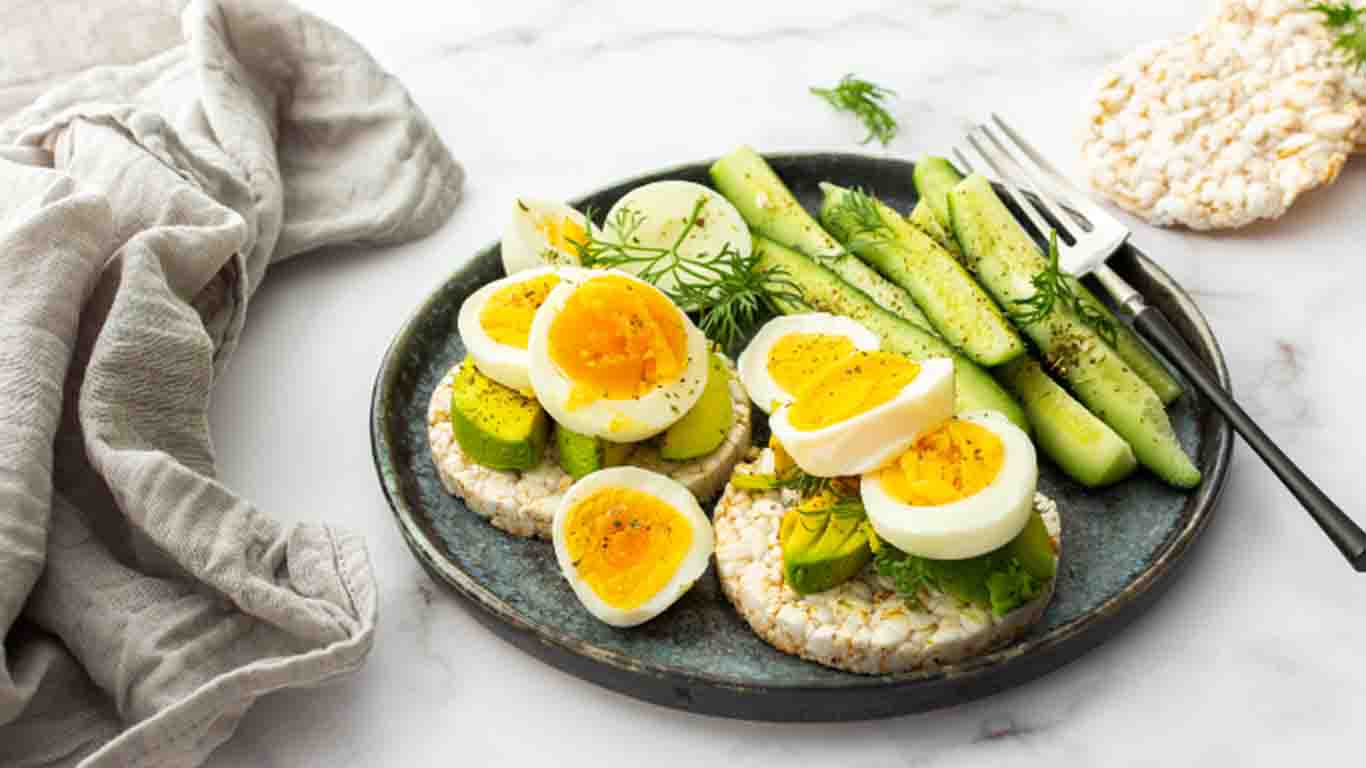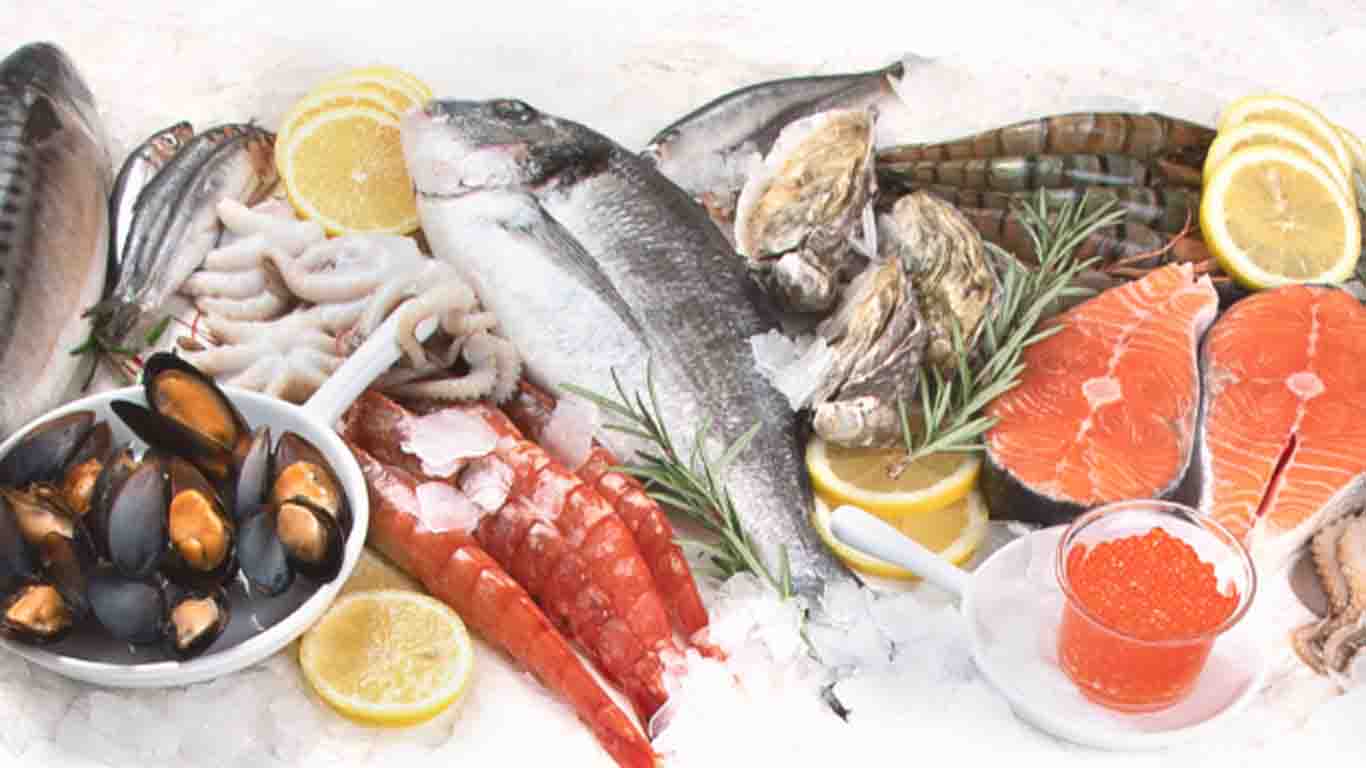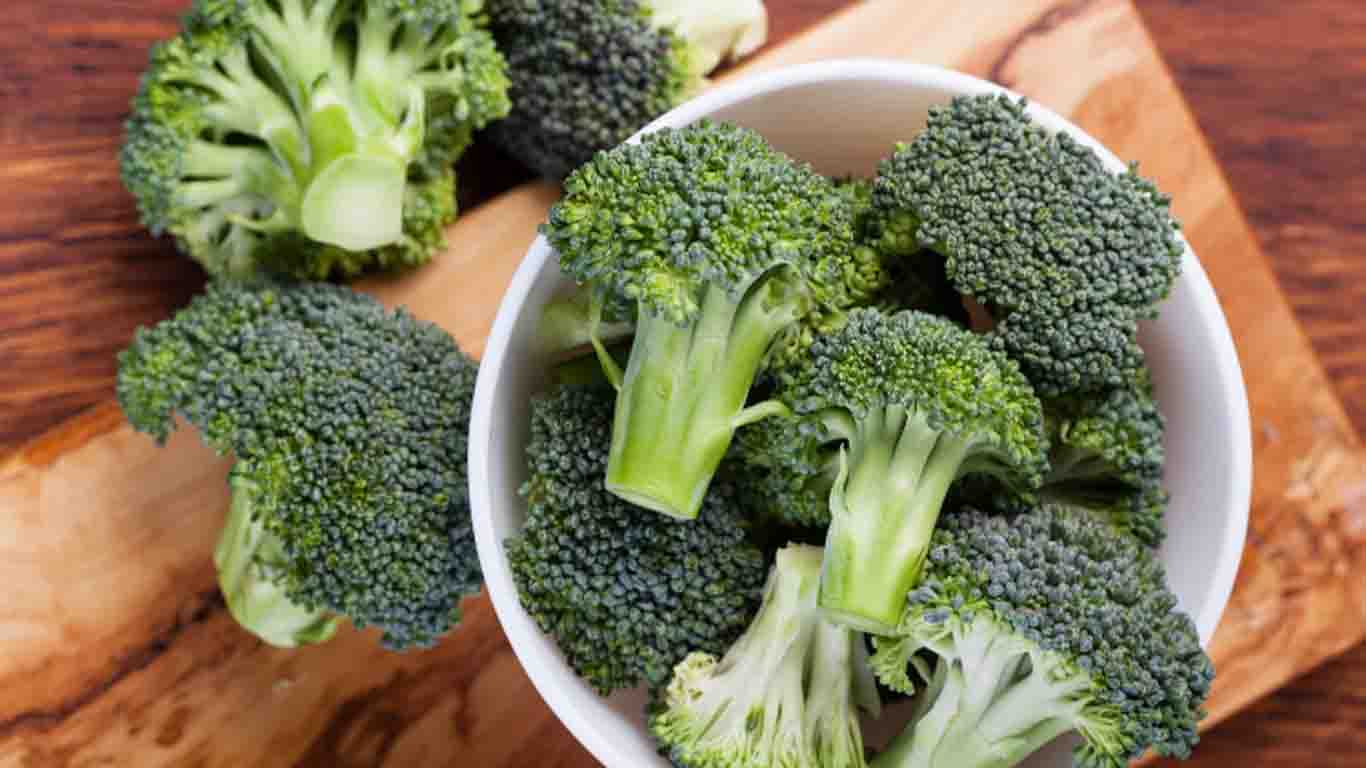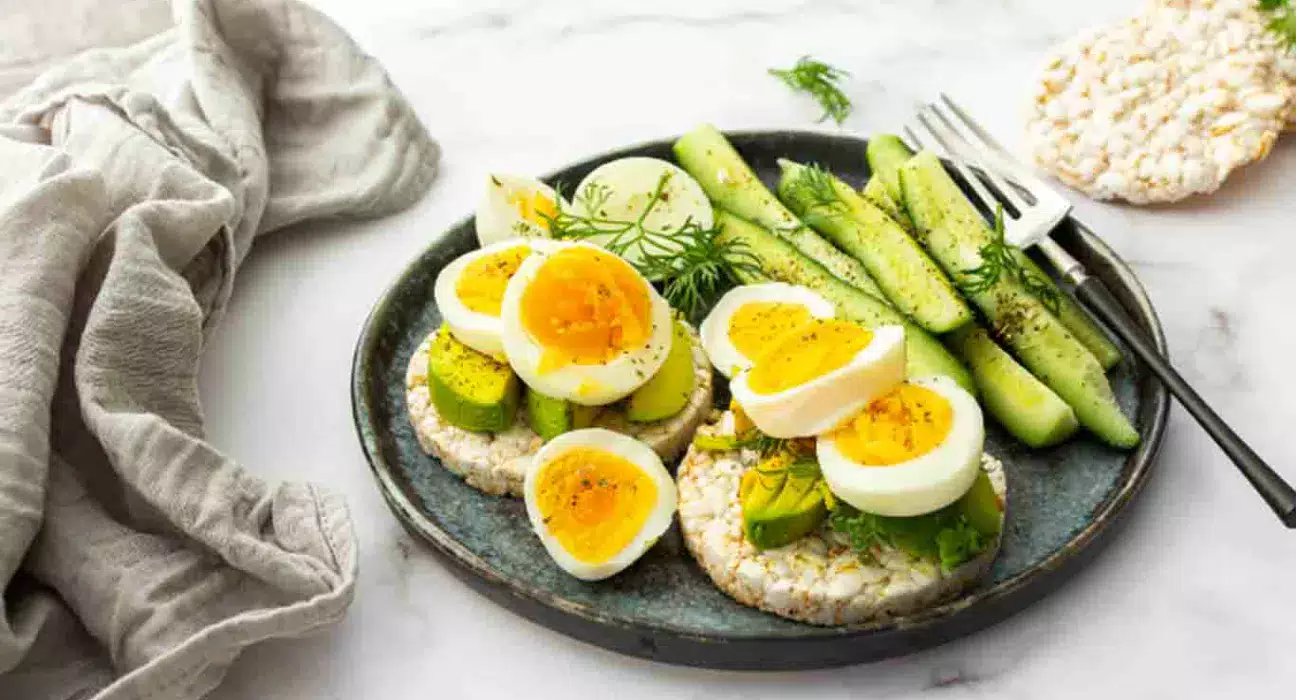Foods with minimal carbs and sugar can be part of a good plan to lose weight and stay healthy. Let’s find out which ones are they! A good diet should have foods that give you a lot of energy, and ones that don’t give you as much. Take eggs, nuts, seeds, and avocados, for example. They have a lot of healthy fats, which means they have more calories. But they’re also full of good stuff your body needs.
A health journey is the sum of small efforts repeated day in and day out.
Unknown
When you eat high-calorie foods like these with foods that have fewer calories, like fruits and vegetables, it can help you feel full and happy after eating. And if you switch out some high-calorie foods for ones with fewer calories, it can help you healthily lose weight. It might even make you healthier in other ways too. More: The Top 3 Fitness for Women Apps according to reviews
For example, if you usually have eggs and a donut every morning, you could try having an apple or some cooked veggies instead of the donut. Not only will it have fewer calories, but it’ll also give you more of the good stuff your body needs to stay healthy. The good news is, that there are lots of low-calorie foods you can mix with other foods to make a yummy, satisfying meal.
Foods with minimal carbs and sugar
Foods with minimal carbs are definitely nutrient-rich vegetables
Broccoli, kale, cabbage, Brussels sprouts, and spinach are all excellent choices. They are low in calories and packed with essential vitamins, minerals, and fiber. For example, broccoli is rich in vitamin C and vitamin K, while kale is a good source of vitamin A and calcium. These veggies are not only low in carbs but also provide important nutrients that support overall health.

Eggs
Eggs are a highly nutritious food, providing a good balance of protein, healthy fats, and essential vitamins and minerals. One large egg contains around 70 calories and less than 1 gram of carbohydrates, making it an excellent choice for low-carb diets. Additionally, eggs are rich in high-quality protein, which is essential for muscle growth and repair. They also contain important nutrients like vitamin D, vitamin B12, and choline, which are beneficial for brain health and overall well-being. More: Boiled eggs calories and quick recipe
Nuts and seeds
Nutrients are the building blocks found in food that keep our bodies running smoothly. They include things like carbs, proteins, fats, vitamins, minerals, and water. Nuts and seeds are packed with these nutrients, but what makes them stand out is that they’re low in carbs and sugars. Carbs are a key energy source, but too many of the wrong kinds can cause problems like blood sugar spikes. Nuts and seeds, though, contain mostly fiber, a type of carb that helps keep blood sugar stable. Plus, they’re full of healthy fats that are good for your heart and can help your body absorb important vitamins.
On top of that, nuts and seeds are loaded with essential vitamins and minerals like magnesium and vitamin E, which are crucial for things like bone health and fighting off sickness. Adding nuts and seeds to your diet is an easy way to get a bunch of nutrients without loading up on carbs and sugars. You can snack on them alone, toss them in salads, or mix them into your favorite recipes for a tasty and nutritious boost. More: Goji berries: The superfood that boosts your health
Avocado
Avocados are creamy, delicious fruits that are rich in healthy fats, fiber, vitamins, and minerals. They are low in carbohydrates and contain no cholesterol or sodium. Avocados are particularly high in monounsaturated fats, which have been shown to improve heart health by lowering levels of LDL (bad) cholesterol and increasing levels of HDL (good) cholesterol. Additionally, avocados are a good source of potassium, which helps regulate blood pressure and fluid balance in the body. More: Salmon and avocado recipes: Nourish your body with salad
Seafood
Seafood offers many health benefits beyond just being low in calories. It’s a fantastic source of high-quality protein, essential for building and repairing tissues in the body. This protein content also helps to keep you feeling full and satisfied, which can aid in weight management by reducing the temptation to overeat. Additionally, seafood is rich in vitamins and minerals, such as vitamin D, vitamin B12, iodine, and selenium, which play crucial roles in various bodily functions, including immune function, thyroid health, and metabolism.


Moreover, the omega-3 fatty acids found abundantly in fatty fish like salmon, mackerel, and sardines have been extensively studied for their numerous health benefits. These fatty acids are known for their anti-inflammatory properties, which can help reduce the risk of chronic diseases such as heart disease, arthritis, and certain types of cancer. They also support brain health and cognitive function, making seafood an excellent choice for maintaining overall well-being. More: Brain-wave frequencies: Technical aspects
Furthermore, seafood is often a more sustainable and environmentally friendly protein option compared to land-based meats. With concerns about overfishing and environmental degradation, choosing seafood from sustainable sources can help preserve marine ecosystems and ensure a healthy seafood supply for future generations. More: Detox symptoms: Signs detox is working
Source: Bestie Health and Healthline













